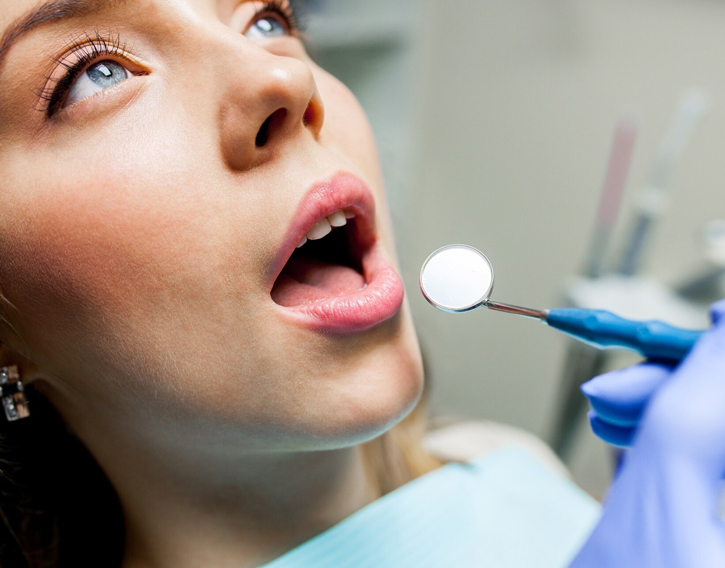
Wisdom Teeth Extraction Oral Examination
With an oral examination and x-rays of the mouth, Dr. Khayat can evaluate the position of the wisdom teeth and predict if there are present or future potential problems. Studies have shown that early evaluation and treatment result in a superior outcome for the patient. Patients are generally first evaluated in the mid-teenage years by their dentist, orthodontist, or by an oral and maxillofacial surgeon.
All outpatient surgery is performed under appropriate anesthesia to maximize patient comfort. Our doctors are trained, licensed, and highly experienced in providing various types of anesthesia for patients.
Please explain the reasons for removing my wisdom teeth.
Infection:
Cyst Formation:
Possible Crowding:
Adjacent teeth may be damaged.
What are the consequences of not having my wisdom teeth removed during my teenage or young adult years?
What occurs during the day wisdom teeth are extracted?
Most individuals choose to be sedated during the removal of their wisdom teeth to avoid experiencing the procedure. Anesthesia options will be discussed during your consultation to ensure your comfort during outpatient surgery. Our office staff is trained and experienced in providing various types of anesthesia in a safe environment with modern monitoring equipment. Regular inspections are conducted by the Board of Dental Examiners to ensure the safety and quality of our Surgical Care Team, office facilities, and doctors.
On the day of your procedure, you will receive medications to reduce post-operative pain and swelling. We recommend having a parent or responsible adult accompany you to the office and stay with you for the rest of the day. The procedure typically takes 30 to 60 minutes, with a total office visit time of around 90 minutes. Advanced medical techniques allow for rapid healing and minimal discomfort after wisdom tooth removal, with state-of-the-art sterilization and infection control measures in place.
It is crucial to fast for at least 6 hours before your surgery (excluding necessary medications with a sip of water) to reduce the risk of complications. Eating or drinking anything before surgery may lead to anesthesia-related issues. If you do not follow these guidelines, your procedure may need to be rescheduled. Pain medication prescriptions can be filled in advance for your convenience. During the procedure, we will ensure your comfort and administer local anesthesia before you head home to rest.
Stitches, if needed, will dissolve on their own in 3 to 5 days, and any gum swelling or discomfort should subside within a few days. After the local anesthesia wears off, you may require prescription pain medication. We recommend starting with non-narcotic anti-inflammatory medications like ibuprofen before moving on to other pain medication if needed. Clear liquids are recommended for your post-operative diet, avoiding dairy products to prevent nausea and vomiting.
If you are prescribed antibiotics and take birth control pills, be aware that the effectiveness of the birth control pills may be reduced, so take appropriate precautions.
